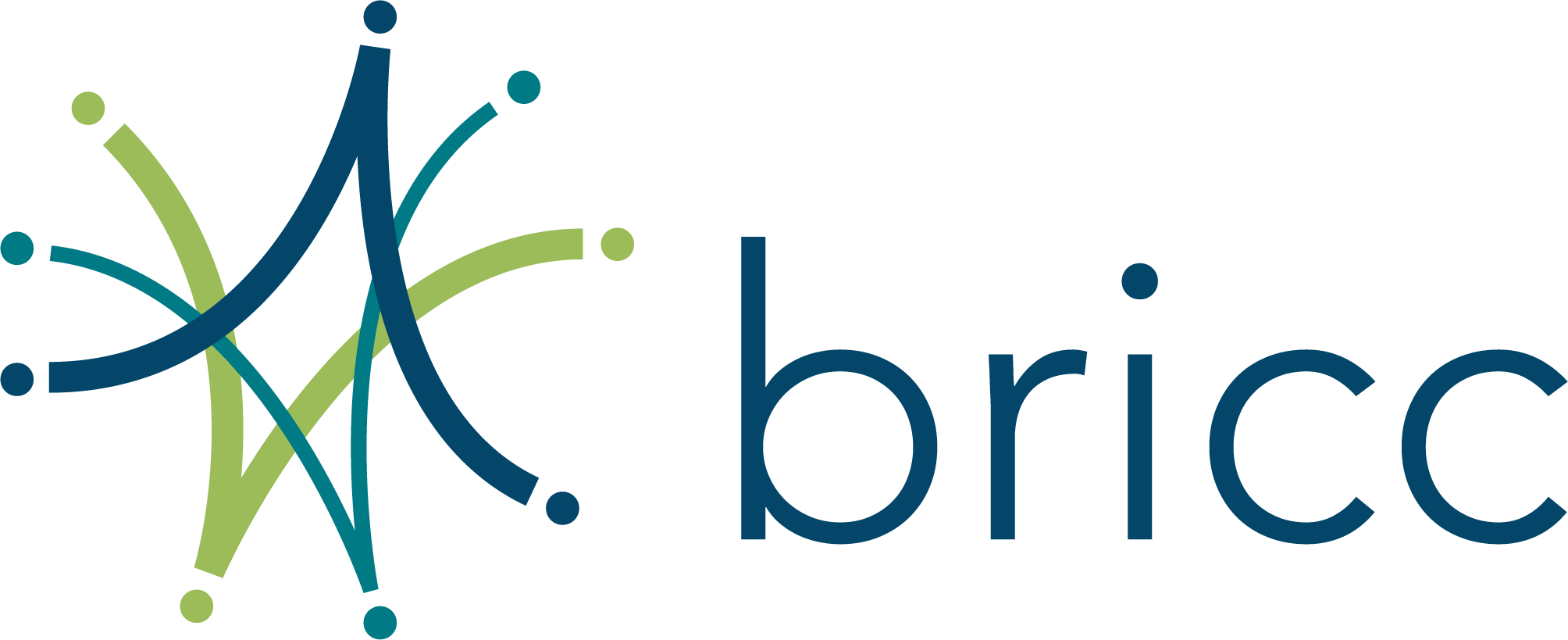AFOSR’s Support Enables Revolutionary Digital Filter Design
Digital signal filters are an integral part of any electronic device that can send or receive signals. We need filters to be able to properly understand signals being received – to filter out interference, to compensate for the effects of movement and distance on radio signals, or to combat signal jamming.
The Air Force depends on robust digital filters to maintain mission critical communications. While it has long been assumed that digital filters in such systems are already optimized, The Numericus Group with the help of Dr. Arje Nachman, an Air Force Office of Scientific Research (AFOSR) Program Officer, and AFOSR investment has developed automatic filter design and calibration technology with the potential to revolutionize what is possible for digital filters.
Digital filters are created using complex mathematical algorithms to return the desired result. Generally, there are two types of digital filters: infinite impulse response (IIR) filters and finite impulse response (FIR) filters. FIR filters are inherently “stable” meaning that they will output the desired without distortion. IIR filters use less computing power than FIR filters because they use a previous input to determine the next output but are not guaranteed to be stable. Designing a stable IIR filter is a time consuming and expensive process. The Numericus Group’s technology allows engineers to design IIR filters automatically to either have both filters’ advantages, sharp frequency response with an almost linear phase response, or convert them to stable FIR filters.
“Companies are not in the business of building filters,” said Dr. Beylkin. “They are concerned with processing their data. So, they use the filters most readily available to them because they are ‘good enough.’ Our technology has broken that dependency and can make ‘good enough’ into great!”
The Numericus Group, led by co-founders Doctors Gregory Beylkin and Lucas Monzon, has received two SBIR grants from AFOSR equal to $1,635,000. The Numericus Group’s first technology transition success is the cost-effective, accurate algorithms for filter design that are now commercially available, which resulted from their first AFOSR SBIR grant (Phase I and Phase II). Their second AFOSR Direct to Phase II SBIR is to apply their approach to counter signal jamming technologies. The Technology Readiness Level (TRL) for the later technology is TRL7 which is considered a success in transitioning technology.
Excited to be a part of this revolution? The Numericus Group is now seeking partnerships to bring this game-changing technology to the masses. Don't miss out on the opportunity to be at the forefront of innovation. Connect with our Technology Transfer and Transition Strategist: sunny.shahhaidar@vt-arc.org

